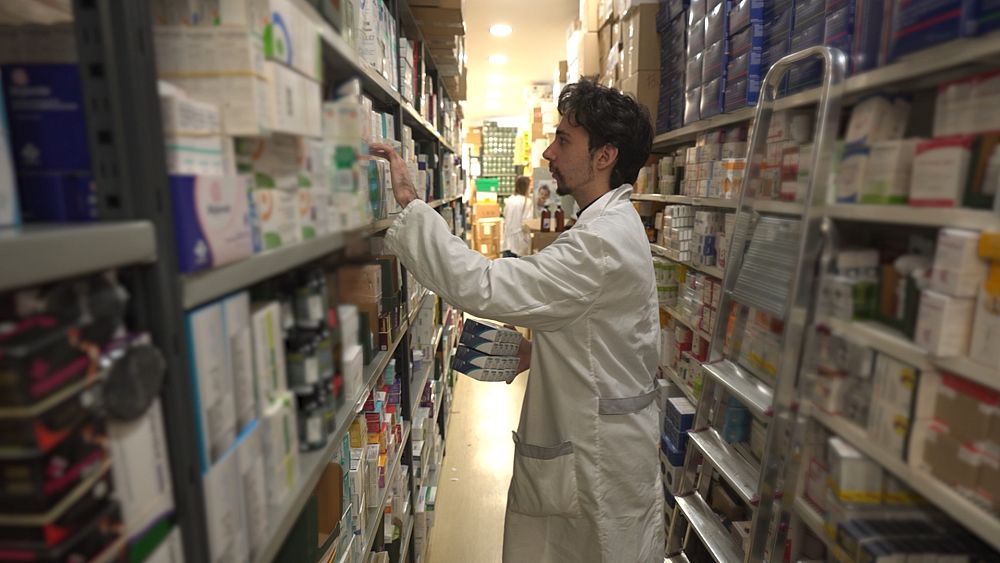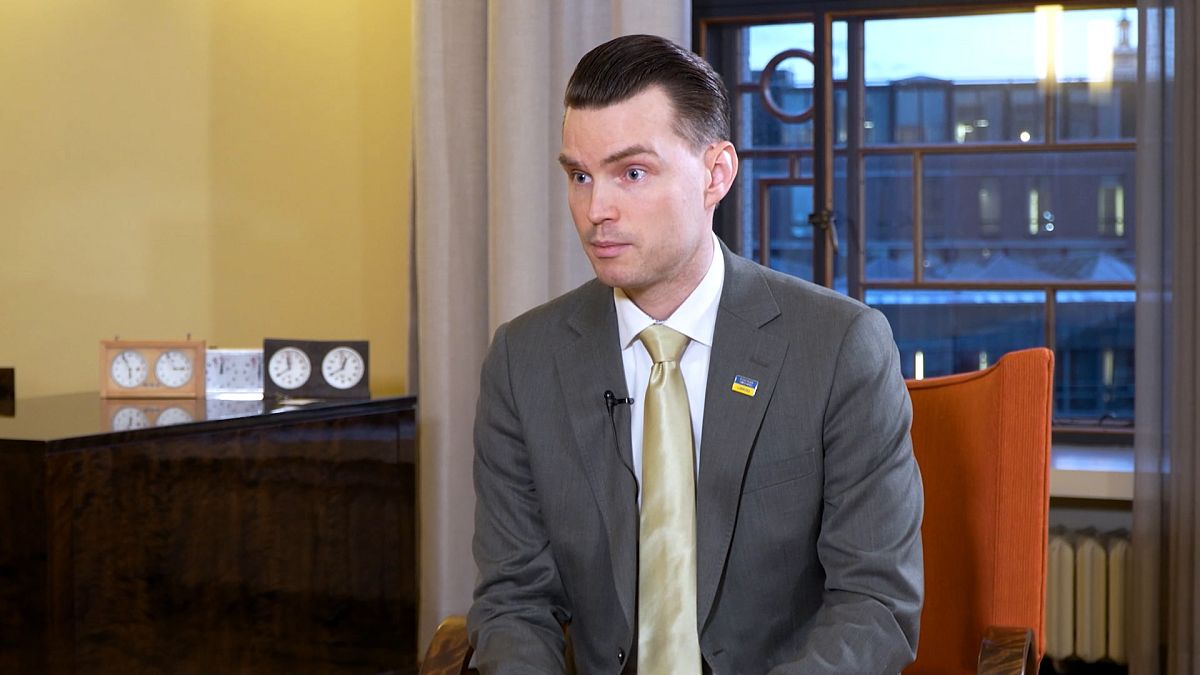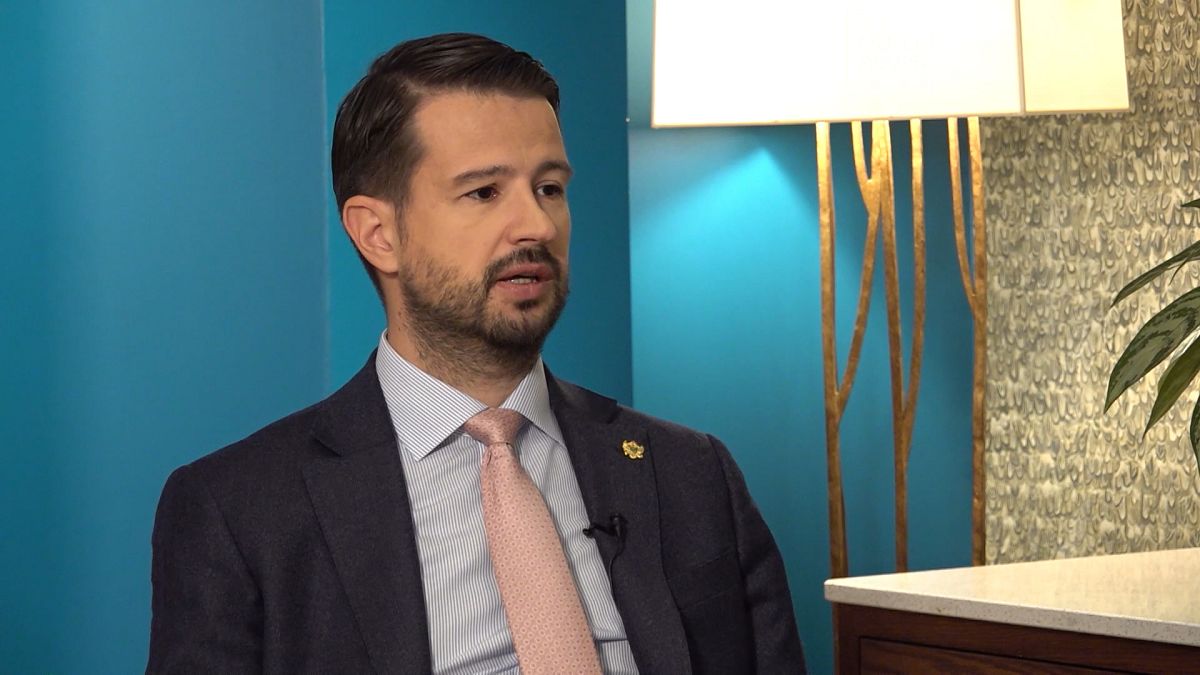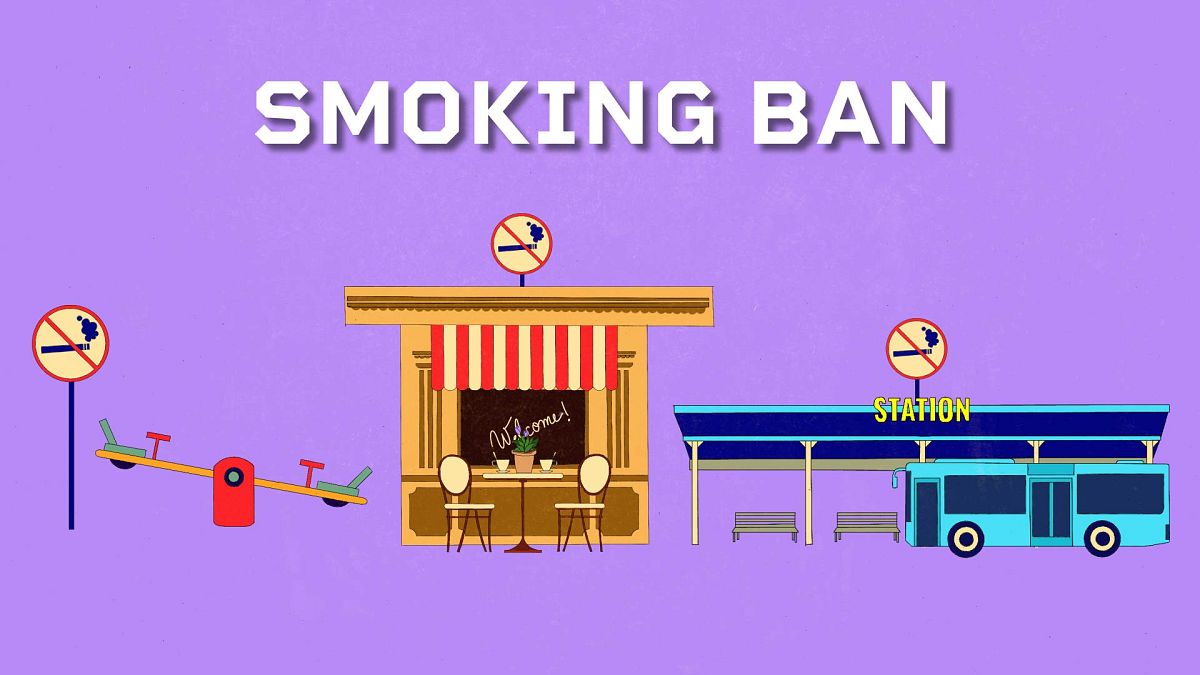Prescription for Disaster: Europe faces medicine shortages crisis

In Lithuania, people have to travel across the country to get ahold of much-needed prescriptions.
59-year-old electronic engineer Rytis Overlingas needs every day five medicines against high blood pressure and diabetes.
His pharmacy near Vilnius, Lithuania’s capital, recently told him they had run out of them.
“For a long time I searched for those medicines all over Lithuania, until finally I managed to buy them at the other side of the country. But that was half a year ago,” says Overlingas.
“I feel very bad, I am angry because these medicines are very effective. Therefore, I am completely dissatisfied that there is such a big problem with these medicines.”
Overlingas however is not alone, nor is Lithuania. Europe is experiencing a shortage in vital medicines right across the continent.
A recent study by investigative journalist networks the MIIR and the EDJNet on selected EU countries found that shortage duration could amount to between 72-130 days for certain pharmaceutical products.
Medicines treating conditions of the nervous system make up nearly a fifth of all medicine shortages between 2018 and 2023. Treatments for cardiovascular complications and anti-infectives for systemic use make up over a quarter of the market’s shortfall.
While the supply chain shortages have recently been attributed to the COVID-19 pandemic and the war in Ukraine by the media, the report highlights that medicine shortages have been increasing for over 20 years.
Back in Vilnius, pharmacists say they are often left with limited options.
“As a pharmacy chain, we depend totally on our suppliers and manufacturers,” says Karolina Staleliūnaité at Benu Pharmacy. “What we can do is basically carefully monitor the situation and try to order medicines when the opportunity comes up, and to stock our supplies as much as we can”.
What is the EU doing about medical shortages?
Pressure has been building on Brussels from GPs, pharmacists and patients alike to act and stop the situation from getting worse. Shortages place a significant burden on health systems and professionals and affect patients’ quality of life.
The European Commissioner for Health addressed the issue by proposing the European Commission’s Pharmaceutical Reform. It hopes to monitor essential medicines, in order to be able to address supply chain vulnerabilities.
Coordination with pharmaceutical companies is also being ironed out. The idea behind this is to adopt a contingency plan. Companies can notify potential shortages much earlier.
“We are working to have a stronger Medicines Agency that will be able to look at this,” says Stella Kyriakides the European Commissioner for Health and Food Safety.
“And we have a new authority, HERA (Health Emergency Preparedness and Response Authority), which is also looking at now to see which medicines we need to ensure that are in supply and to have the warning of the potential shortages before.
“When all this is in place, we will at least be in the position for the critical medicines to know where we are and for the companies and the member states to step in much quicker”.
For Lithuanians, like many Europeans, impatience is boiling as Europe grapples with medicine shortages. How long such supply issues will last relies on the efficiency of Brussels’ response strategy.
Source: Euro News














